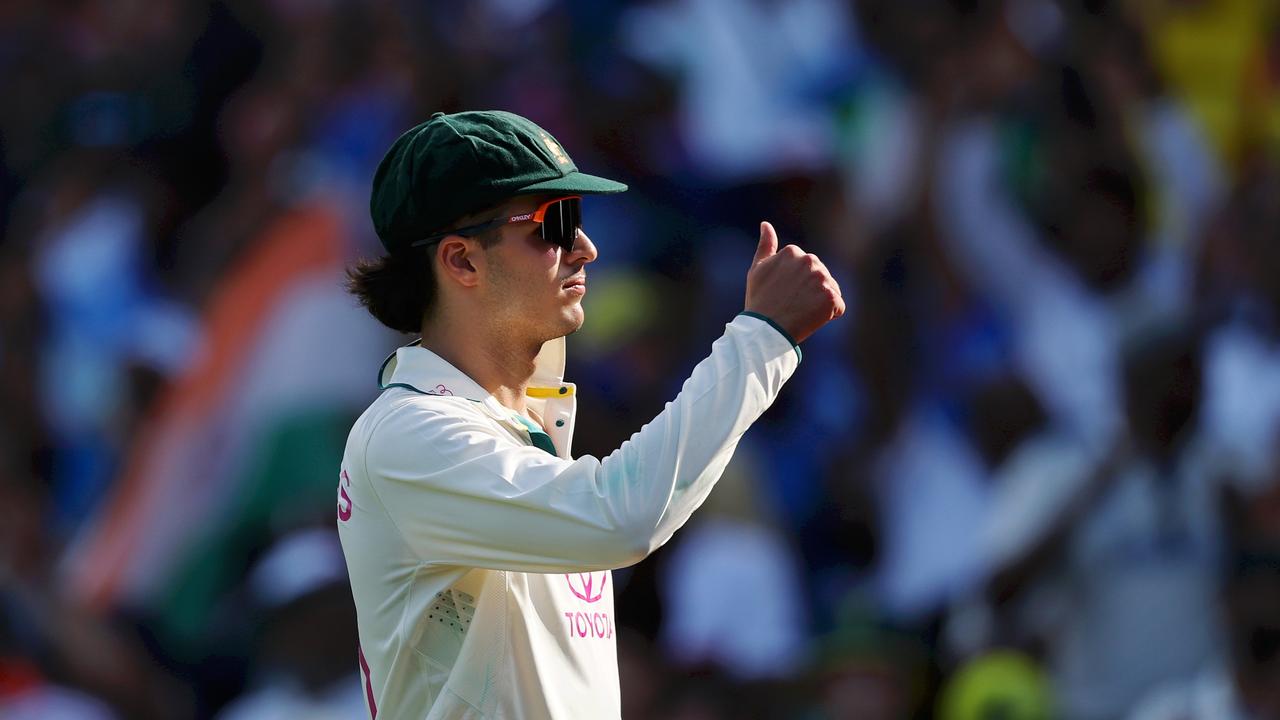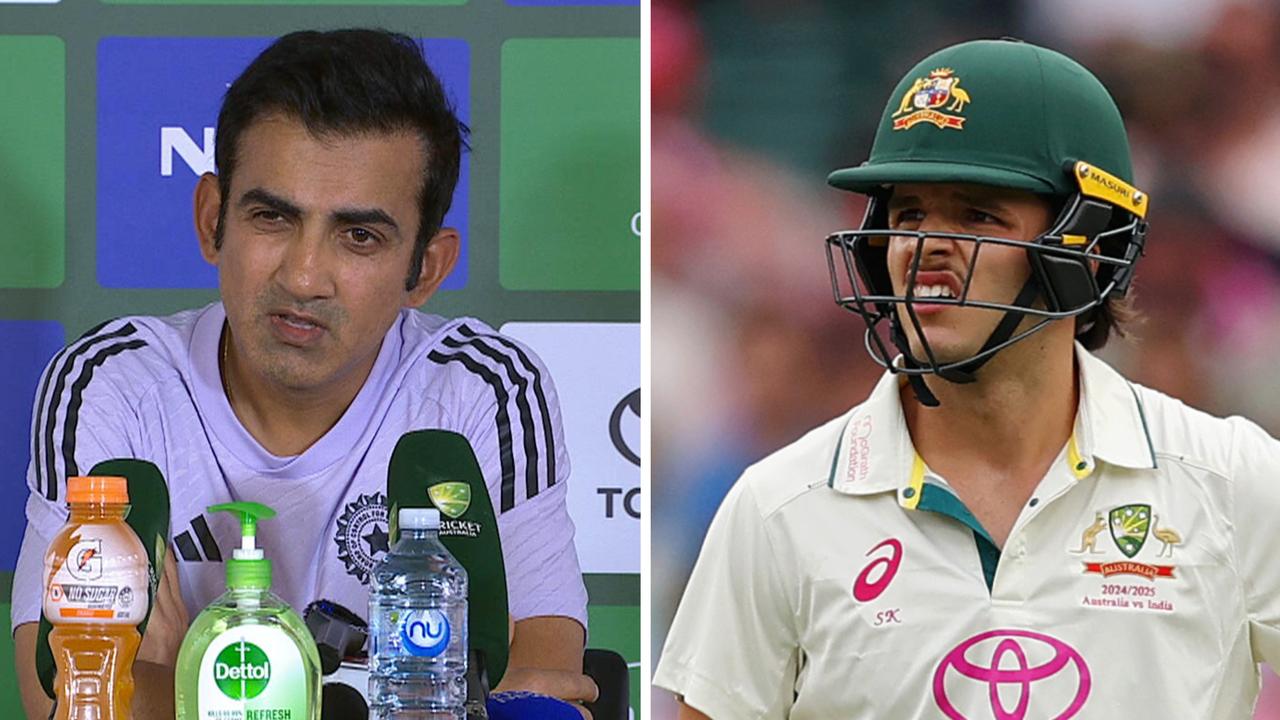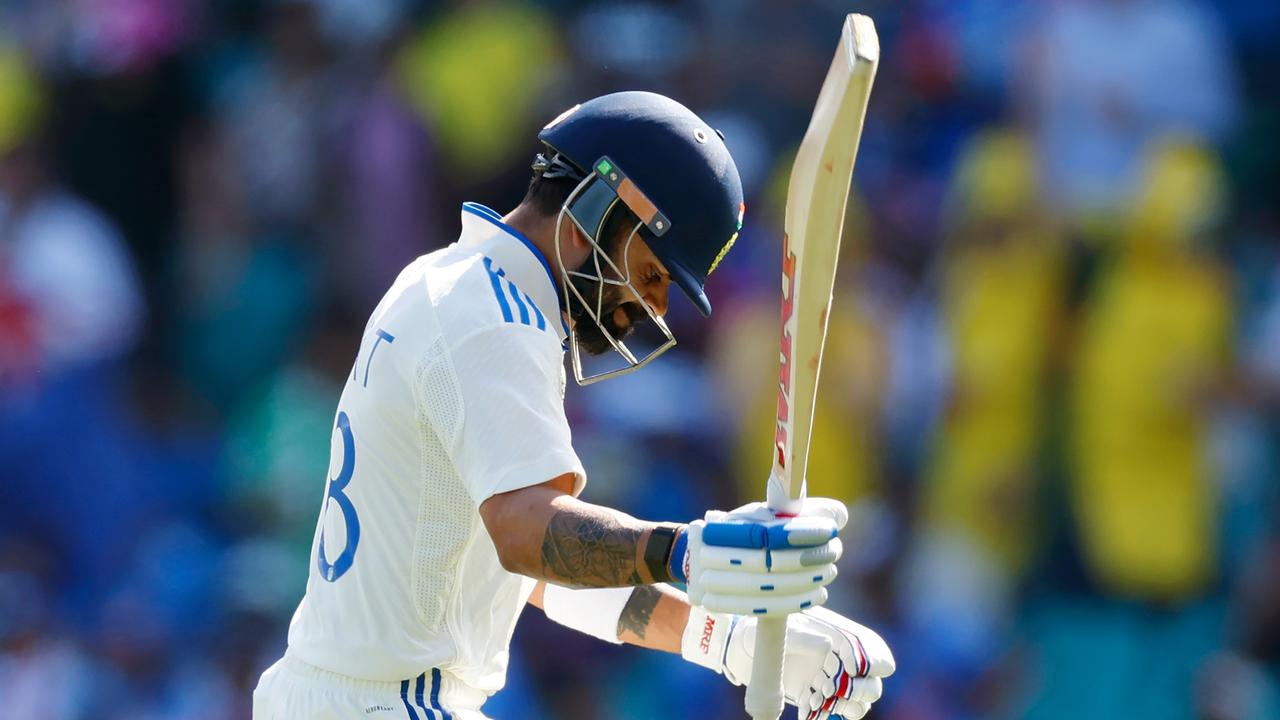AFL clubs cleared over alleged ‘secret’ testing and fake injuries to avoid illicit drug tests

- by Admin
- June 24, 2024

The AFL’s approach to illicit drug use has not breached the World-Anti Doping Agency code according to an assessment by Sport Integrity Australia (SIA), but is set to be overhauled amid heightened scrutiny and suspicion about illicit drug use by athletes.
The probe followed allegations in Parliament from MP Andrew Wilkie in March of a “prevalence of drug abuse” in the game.
SIA’s 38-page assessment concluded there were no breaches of the Wada code by AFL players or support personnel according to information it had available.
But the sports integrity watchdog has urged the AFL to improve its practices and take a greater role in addressing drug culture in sport, which it claims requires significant and immediate intervention.
SIA recommended an independent oversight body for its illicit drug policy, no illicit drug testing outside the AFL’s formal policy, and an expansion of avenues for anonymous tip offs into integrity matters.
SIA warned the AFL its illicit drugs policy – in which players are tested by doctors and removed from competition while they are provided support to address drug use under a “medical model” – was far from perfect.
“The confidential nature of the medical model [between doctor and player] prevents the AFL from sharing information publicly, however the resulting information vacuum creates a degree of suspicion,” the assessment stated.
SIA chief executive David Sharpe said the issue of illicit drug use presented a significant challenge to Australian sport, but the AFL could be a leader in this space.
“Significant intervention is required immediately to address the illicit drug culture in sport and the increasing and unacceptable risks posed to players, officials, clubs and sporting codes,” he said.
“Without significant cultural intervention to address the illicit drug culture in all sports, Sport Integrity Australia is concerned about the dire impacts to player’s health and wellbeing, and the potential to bring a code or team into disrepute through integrity threats.”
In federal parliament in March, Wilkie raised the allegations, including “off-the-books drug-testing” and “resting of players testing positive”.
Despite finding no breaches of the Wada code, the assessment stated some players “will and do find ways to get around the system”.
The Wada code tests players on game day, and can see athletes banned from competition for multiple years.
Wilkie said on Monday “the fact remains that secret tests were conducted, which … helped ensure there were no positive match day tests”.
after newsletter promotion
“The AFL’s current failed policy does not protect players from illegal drug use, or exposure to the criminal underworld that supplies those illegal drugs,” he said.
SIA noted the AFL was one of the few sports to have implemented an illicit drugs policy.
AFL chief executive Andrew Dillon said he welcomed SIA’s assessment, and agreed the policy, and education around illicit drug use, could be improved.
“We said from the outset that the allegations raised in Parliament did not reflect either the intent or operation of the illicit drug policy and we welcome the findings of Australia’s sport integrity agency that found zero evidence to support the claims,” he said.
“It is important to reinforce the point that we do not in any way condone illicit drug use but we accept that we have a responsibility as a code to try and change behaviours of those that do make the mistake of trying/using illicit drugs.”
The AFL and the AFL Players Association will update its policy ahead of the 2025 season.
The Latest News
-
January 6, 2025Tomic, Hewitt caught up in Australian Open chaos
-
January 6, 2025Cricket’s historic summer fuelled by growing diaspora’s influence
-
January 6, 2025Ranking Movers: De Minaur earns top-eight seed for Australian Open 2025
-
January 6, 2025Horse Racing News: Archie Alexander’s gelding heading Somewhere
-
January 6, 2025Aussie 43-year first confirmed as Australian Open seeds locked in




